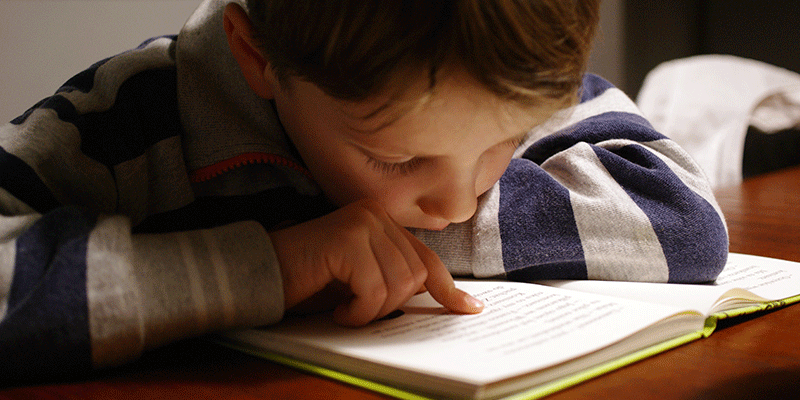
Is Your Preschooler Ready for Kindergarten?
We aren’t just talking about academics. Your child’s social, emotional, and behavior skills are equally critical to school success, and too many U.S. children start kindergarten without them.
In this article, the American Academy of Pediatrics (AAP) highlights rapidly expanding research on how you can determine school readiness and help your child prepare. (Hint: helping your child do well at school begins long before the first day of kindergarten).
By law, children must be enrolled in school or an approved alternative program by a particular age. In most parts of the country, these age requirements are 5 years old for kindergarten and 6 years old for first grade. The National Center for Education Statistics tracks state requirements; check your state here.
According to the AAP report on “School Readiness,” young children’s experiences―beginning at birth―play a big role in how well they learn to handle their feelings, relate to and communicate with others, and enter school ready to learn and achieve their full potential.
What does “school readiness” mean?
The idea that some children are “ready for school” by 4 or 5 and others are not is controversial. Just as children begin to walk or talk at different ages, they also develop the psychological and social skills needed for school at varying ages.
The AAP supports wider access to quality early education and equipping schools to meet the needs of kindergarteners at all levels of readiness. This is especially true for children who may need additional support due to adverse childhood experiences (ACEs) or developmental disabilities such as autism spectrum disorders and attention deficit hyperactivity disorders.
When you’re deciding when your child should start kindergarten:
- Look carefully at your child’s development. Is your child able to communicate? How are his listening and social skills? Would he be able to get along with other children and adults? Is he toilet trained? What about physical skills like running, playing, or using a crayon or pencil? Here are 10 milestones to watch for by age 5.
- Talk with your child’s pediatrician about developmental milestones and community resources that support them.
- Ask your child’s preschool teacher and/or childcare provider for feedback. He or she can often provide some useful, objective observations, and information.
- Trust your instincts—you know your child best!
Last Updated 7/22/2019
Source American Academy of Pediatrics (Copyright © 2019)
The information contained on this Web site should not be used as a substitute for the medical care and advice of your pediatrician. There may be variations in treatment that your pediatrician may recommend based on individual facts and circumstances.







